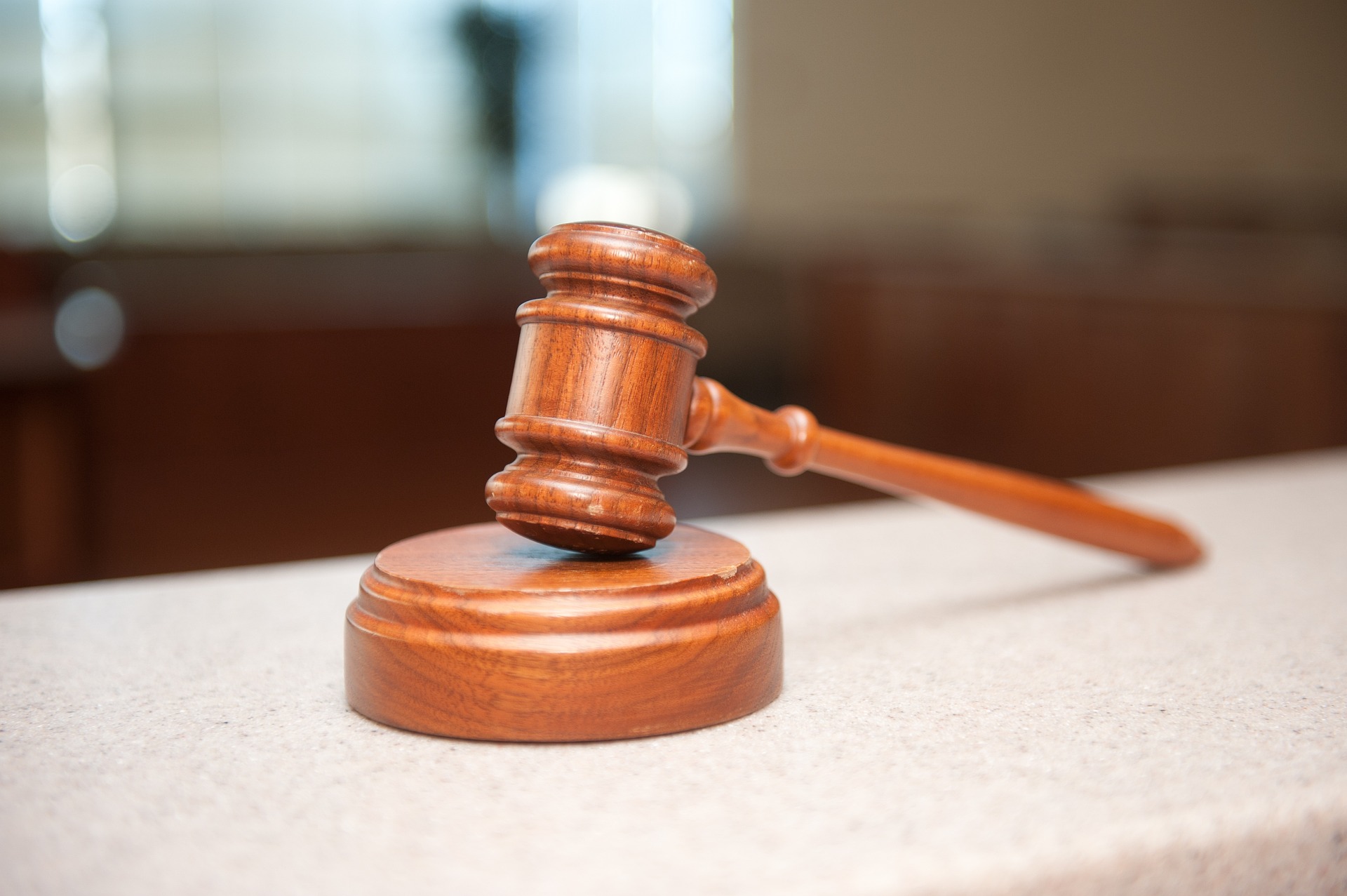The Role of Judicial Review in Modern Democracies
Judicial review is a critical mechanism in modern democracies, ensuring that the actions of the executive and legislative branches align with the country's constitution. This article explores the historical development of judicial review, its current status, and the impact it has on society.

The Origins of Judicial Review
The concept of judicial review can be traced back to the 18th century, during the formation of the United States. When the framers of the U.S. Constitution were establishing the new government, they included a system of checks and balances to prevent any one branch from gaining too much power. Judicial review emerged as a part of this system, with the U.S. Supreme Court landmark case Marbury v. Madison in 1803 setting the precedent for courts to invalidate laws deemed unconstitutional.
Judicial Review in the Present Day
Today, judicial review is a fundamental aspect of constitutional law across various democracies. It provides a way for courts to interpret the constitution and review the legality of actions taken by the executive and legislative branches. A recent example is the United Kingdom Supreme Court ruling in 2019, which found that Prime Minister Boris Johnson’s suspension of Parliament was unlawful, reaffirming the importance of judicial review in upholding democratic principles.
Implications and Impact on Society
The power of judicial review has far-reaching implications. It plays a crucial role in protecting citizens’ rights and maintaining the rule of law, ensuring that the government’s actions are held accountable to the constitution. However, it also raises questions about the separation of powers, as some argue that it gives the judiciary too much influence over political matters.
The Future of Judicial Review
The future of judicial review is a subject of ongoing debate. In some countries, there’s growing concern over judicial activism, where judges are perceived to make decisions based on personal or political beliefs rather than the law. On the other hand, judicial review is seen as an essential safeguard in a democratic society, especially in times of political uncertainty.
Conclusion
While the concept of judicial review has evolved over centuries, its importance in modern democracies remains significant. As societies continue to change and face new challenges, the role of judicial review in upholding constitutional integrity and protecting citizens’ rights will undoubtedly be a crucial area of focus.
In conclusion, judicial review serves as a vital check on government power, preserving the balance between branches of government and ensuring the constitution’s supremacy. As such, understanding its origins, implications, and potential future developments is crucial for any engaged citizen.




